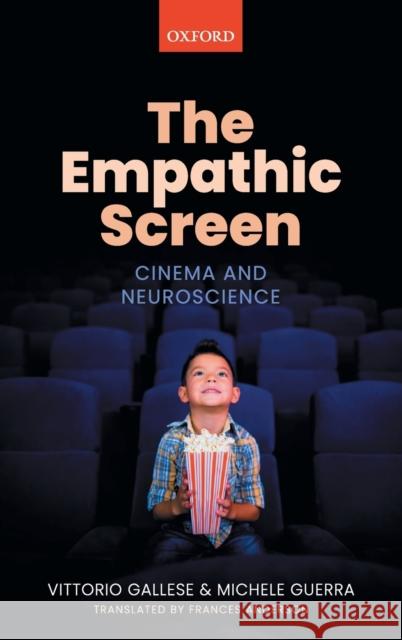The Empathic Screen: Cinema and Neuroscience » książka
topmenu
The Empathic Screen: Cinema and Neuroscience
ISBN-13: 9780198793533 / Angielski / Twarda / 2019 / 272 str.
Kategorie:
Kategorie BISAC:
Wydawca:
Oxford University Press, USA
Język:
Angielski
ISBN-13:
9780198793533
Rok wydania:
2019
Ilość stron:
272
Waga:
0.59 kg
Wymiary:
23.62 x 16.0 x 2.03
Oprawa:
Twarda
Wolumenów:
01
Dodatkowe informacje:
Bibliografia
Glosariusz/słownik
Glosariusz/słownik











